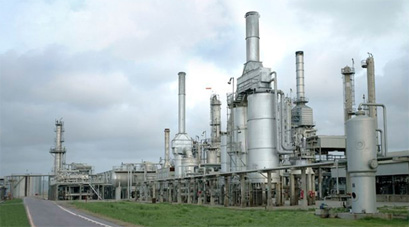In a recent podcast on YouTube, senior Islamabad-based energy journalist Syed Khalid Mustafa shed light on the dire state of Pakistan’s oil refining sector during a conversation with prominent TV news anchor Sohail Iqbal Bhatti. Mustafa detailed the financial struggles and vulnerabilities facing this crucial industry, which he describes as a strategic asset for the nation.
Pakistan’s five oil refineries are vital, meeting over 50% of the country’s petroleum product needs. In times of crisis, these facilities provide essential fuel for military vehicles and aircraft, underscoring their importance to national defence. However, Mustafa lamented that these refineries are teetering on the brink of collapse, having lost their commercial viability and sustainability.
To address this urgent situation, a draft policy for upgrading Pakistan’s oil refineries was approved in December 2019. This initiative aims to enhance production capabilities to meet Euro-5 specifications, aligning with international standards. Upgrading is crucial not only to reduce the excessive output of furnace oil—currently at 56% of total production—but also to maximise the yield of finished petroleum products. The domestic demand for furnace oil has plummeted, forcing the country to export surplus at a loss.
Currently, the petrol and diesel produced by these refineries are only Euro-2 compliant, containing high levels of sulphur that contribute to severe environmental degradation. Only one refinery has agreed to sign the implementation agreement for the upgrading policy, while the others have called for a comprehensive implementation mechanism. An amendment to this effect was passed in February 2024, but progress remains slow.
Compounding these challenges, the government’s decision to grant a sales tax exemption on petroleum products has resulted in a staggering US $5 billion loss for the refineries. This exemption has significantly increased the cost of oil refining, leaving the facilities without the financial means to fund necessary upgrades. Moreover, this policy has hindered Pakistan’s efforts toward import substitution, with the potential to boost petrol and diesel production by 99% and 47%, respectively, while reducing furnace oil output by 78%.
If the government continues to uphold the sales tax exemption, the operations of up to four refineries could come to a grinding halt, exacerbating the crisis. The current trajectory not only threatens the sustainability of Pakistan’s oil refining sector but also disproportionately benefits the oil import lobby, further undermining national interests.
As the situation stands, immediate action is essential to revitalise this critical sector and secure Pakistan’s energy future.





